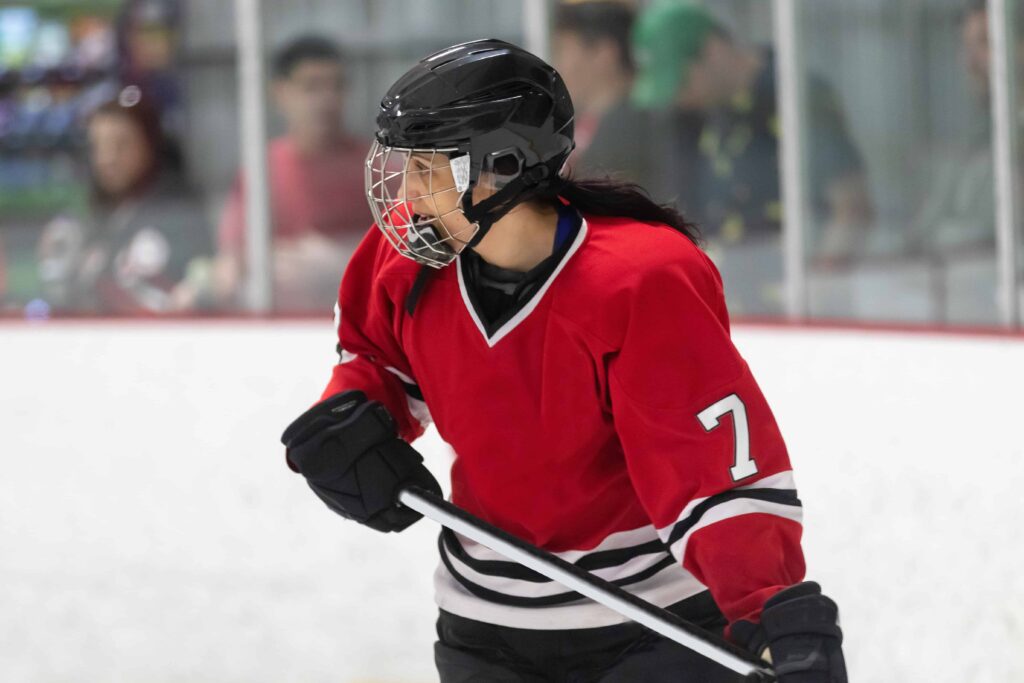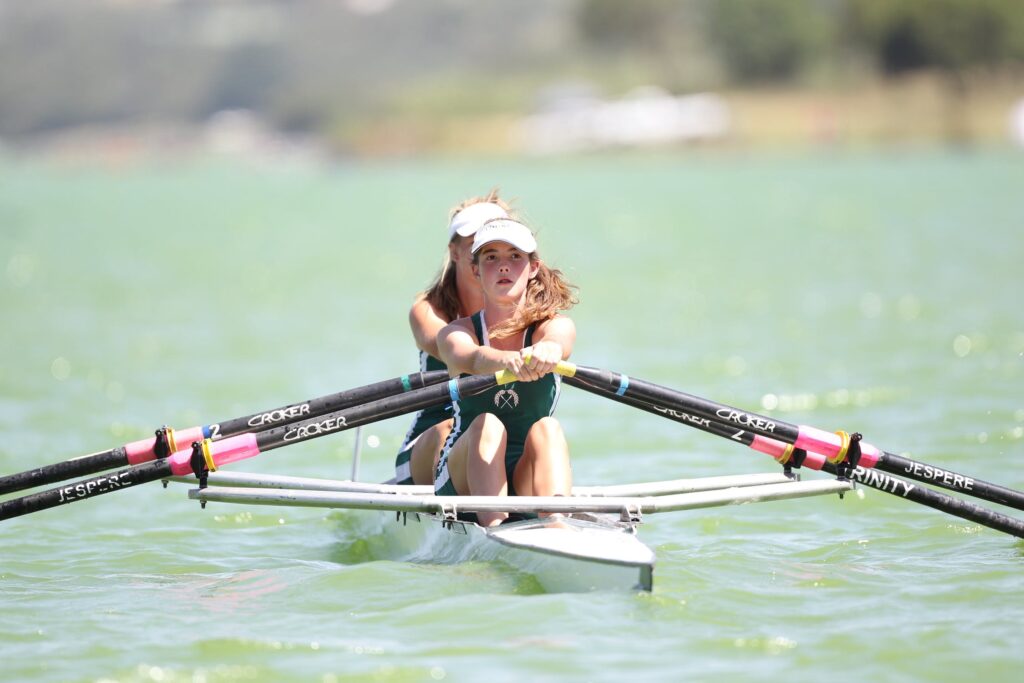Social justice in youth sport
Positive youth development and life skills have long been important in youth sports research. A new position paper from Canadian researchers suggests that these approaches need to include a social justice lens. One way of doing that is by training coaches to be allies and encouraging athletes to engage in activism.
Women’s hockey under the radar: What’s driving participation?

It has been almost a quarter of a century since women’s ice hockey debuted at the Olympic Games in Nagano, Japan. Despite a heartbreaking loss for Team Canada in the final of the first Olympic women’s hockey competition, it was a big step forward for women’s hockey on the international stage. Since then, Canada has…
New moms in sport
Participating in team sport after childbirth can help women to negotiate their new identities as moms, feel empowered in their return to movement, and find support and inspiration in friends, family and other moms. As a policymaker, practitioner or program leader, consult with mothers and be creative to ensure inclusive and equitable team sport spaces…
Getting girls back in the game: A conversation with experts and community leaders

This blog recaps the first webinar in the 4‑part mini-series Engaging Girls and Women in Sport. SIRC and Canadian Women & Sport co-hosted the mini-series, which you can access or learn more about by visiting our SIRC Expert Webinars page. — The COVID‑19 pandemic continues to disrupt the sport in Canada and around the world….
Using data to plan and deliver programs with gender equity in mind

This blog post recaps the second webinar in the 4‑part Engaging Girls and Women in Sport mini-series. SIRC and Canadian Women & Sport co-hosted the mini-series, which you can access and learn more about by visiting our SIRC Expert Webinars page. — With the rise of big data and analytics, organizations across all industries are…
Women in sport leadership
What “works” for advancing women into sport leadership positions? E-Alliance is conducting new research to answer this exact question. E-Alliance is exploring how allyship, mentorship and sponsorship, more “formal” and gender equitable hiring processes, and implementing quotas for women as leaders can help to increase women’s leadership in sport.
Keeping girls in sport
Does age of entry into sport influence girls’ future sport participation? A new study suggests that girls who begin participating in sports from the ages of 6 to 9 have higher retention rates than those who begin participating later in life. These findings emphasize the importance of targeted retention strategies and supportive sport environments for adolescent girls…
matthew test ( matthew@inmotion.ca ) @ 12/15/2021 4:36 pm
Women’s sport coverage
In an analysis of sports news on Twitter, less than 4% of tweets focused on women’s sport. Of the women athletes that were featured, the majority competed in “gender-appropriate” sports. More coverage, and diverse coverage, of women’s sport is needed to challenge gender-related biases and promote gender equity in all forms of sport media.
Gender and sport ambition
In Norway, boys and girls participate in sport at about the same rate. But while boys are more likely to talk about becoming professional athletes and going “all in,” girls are more likely to talk about their goals in terms of skill development. Cultural narratives influence girls’ and boys’ sport-related ambitions, which in turn influences…